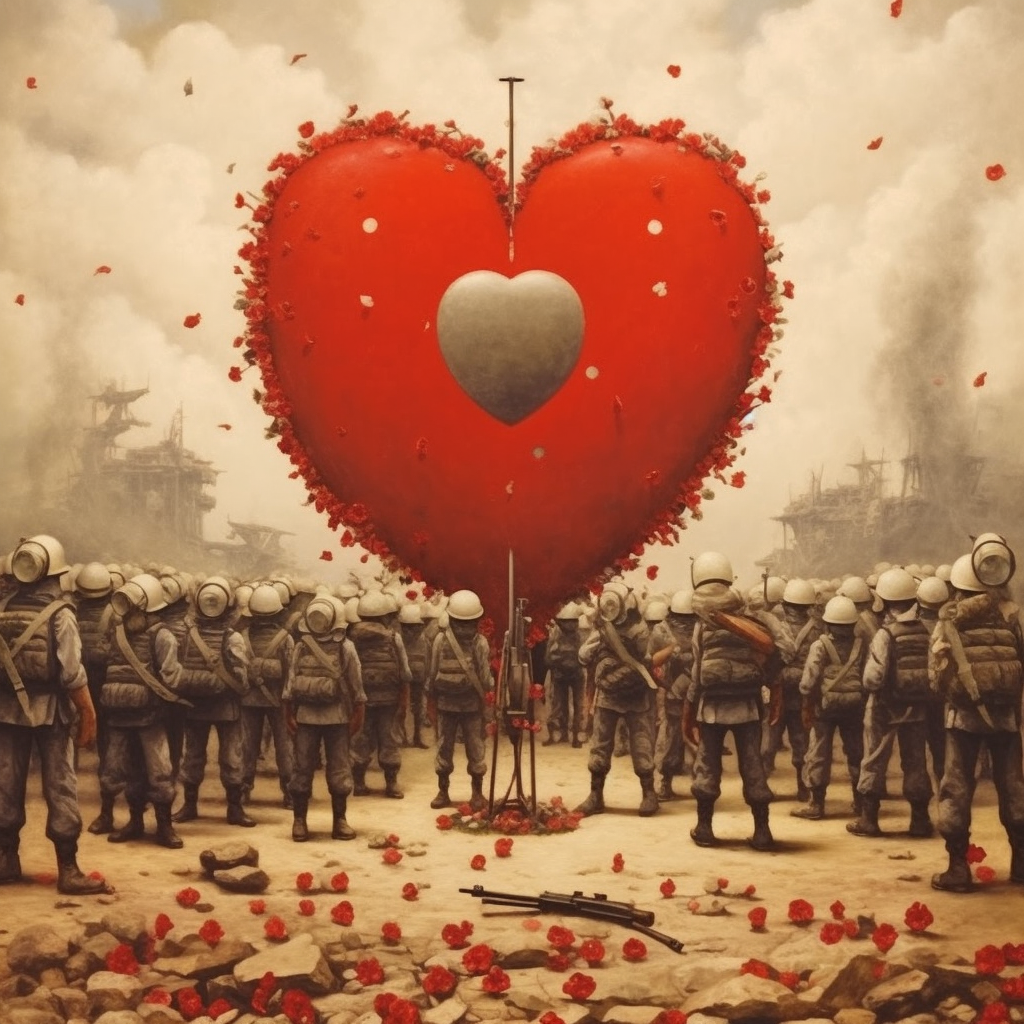Recently, I stumbled upon distressing images and news clips circulating on social media, depicting the tragic fate of kidnapped and murdered women in the Gaza strip. Admittedly, I typically shy away from such news, as I find it sensational, negative, and fear-inducing. Past experiences have taught me to shield myself from the haunting aftermath of such brutality, as it tends to linger in my thoughts and manifest as nightmares.
What shook me profoundly was a brief sequence of armed men on a pickup truck, surrounded by lifeless bodies of women, speeding away from the camera. The image etched in my mind is of a naked body sprawled on its belly, the face obscured by dark, flowing hair. I couldn’t help but wonder about her life—was she contemplating dinner, making a shopping list, or enjoying a festival with her children before the attack?
This grim scene led my thoughts to the perpetrators. What drives individuals to commit such heinous acts against women they don’t even know? How does one’s life journey and societal influences lead to a point where they inflict violence on others, potentially mutilating their own souls in the process? It’s a chilling realization that these victims could easily be their own mothers, sisters, wives, or daughters.
Tragically, this isn’t confined to the Middle East or the Ukraine; it’s a daily occurrence in forgotten conflict zones like Ethiopia, Sudan, and Chinese concentration camps for the Uighurs. The question that echoes in my mind is: How do we, comfortably nestled in our safe homes and cities, comprehend the experience of war? Perhaps our collective subconscious holds some understanding, but personally, I haven’t lived through war directly in this lifetime.
“The new is already here. The old is making a lot of noise dying.” – Eckhart Tolle

These words resonate with me, suggesting that change is upon us, albeit amidst the cacophony of the old order crumbling.
It’s crucial to acknowledge that the potential for violence resides within all of us. Those responsible for such acts are not an isolated species; we share the same seeds of violence. So, the pressing question is, how can we, in the safety of our homes, nurture the seed of peace within us instead of the seed of war? How can we enhance our conflict resolution abilities to prevent a wildfire of rage, hatred, and murderous intent?
In reflecting on these disturbing realities, let’s challenge ourselves to actively water the seeds of peace within, fostering an environment where conflict resolution is characterized by compassion, understanding, and a commitment to collective healing. Together, we can contribute to a world where the cycle of violence is broken, and the seeds of peace flourish.
Wishing you peace and reflection in these challenging times.


